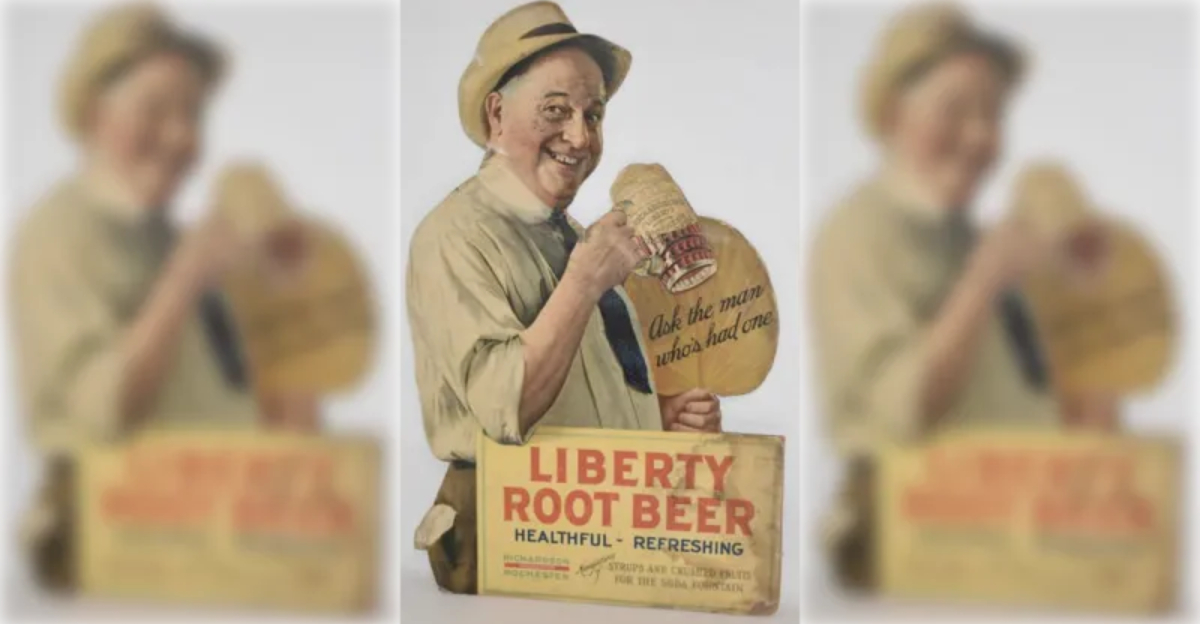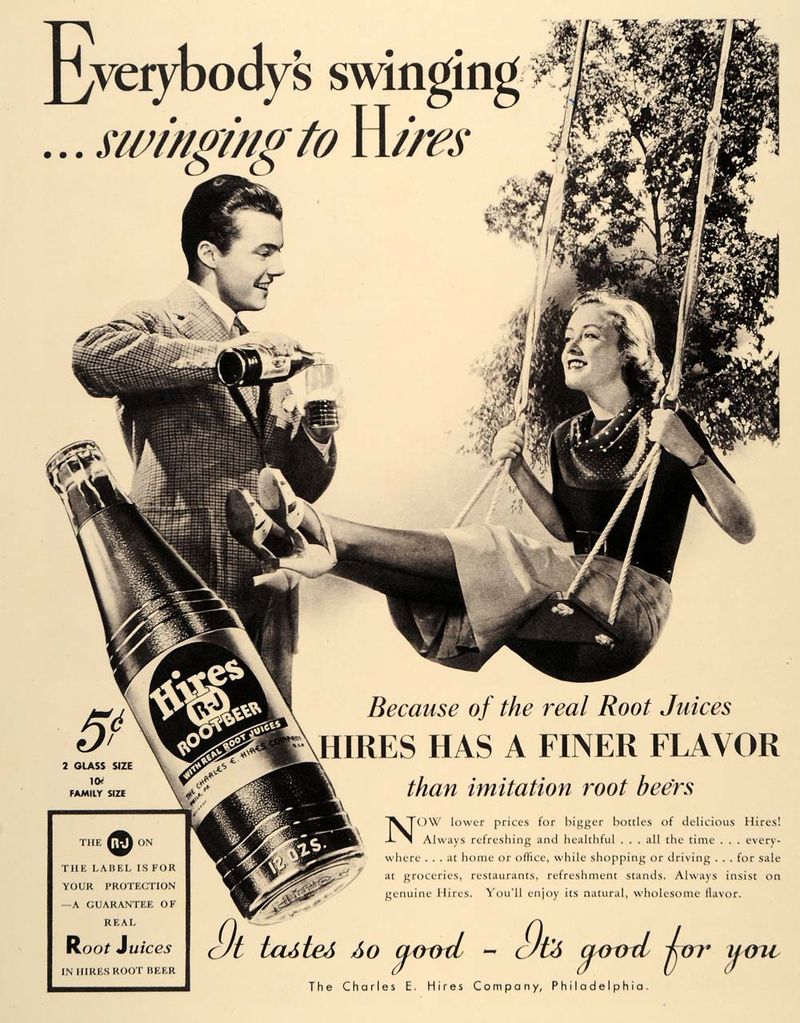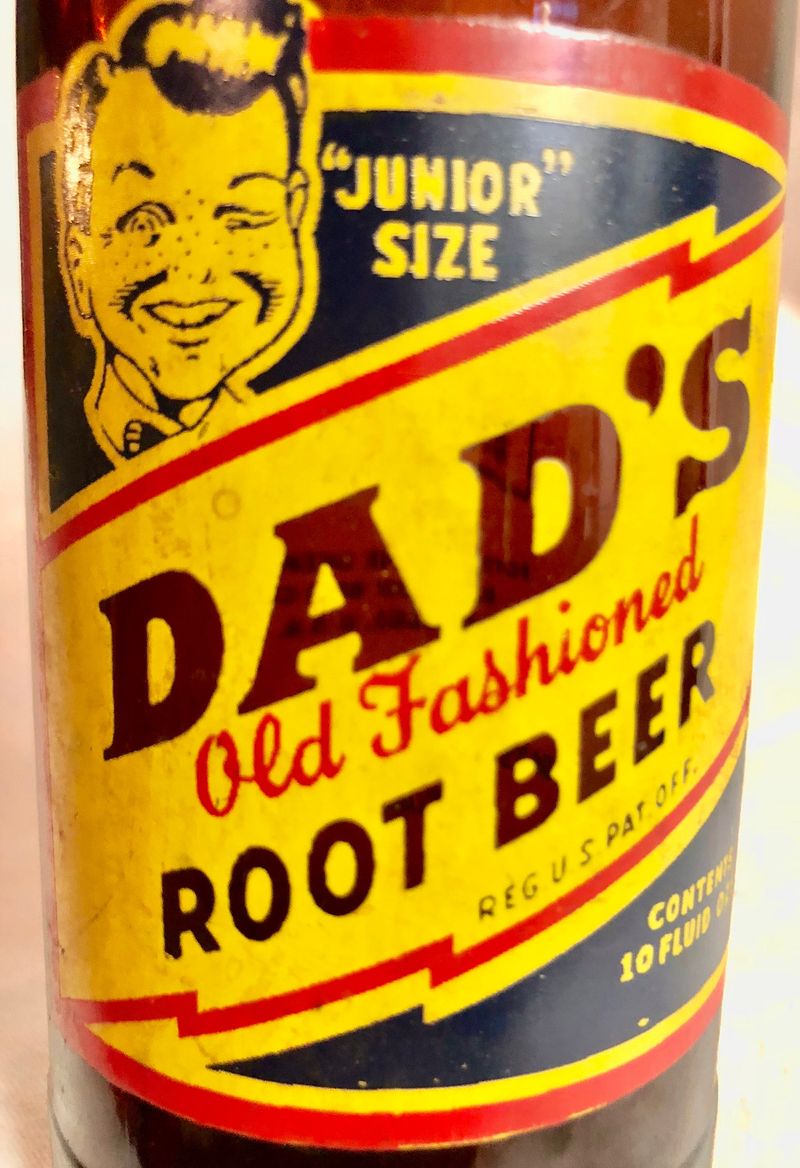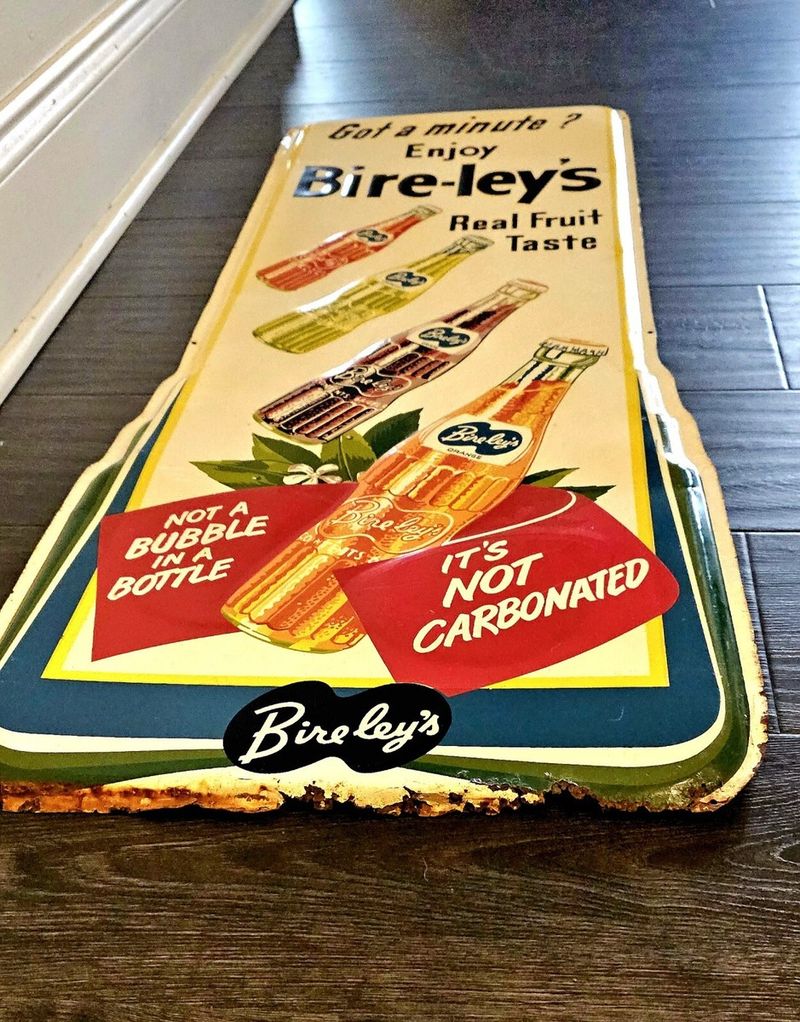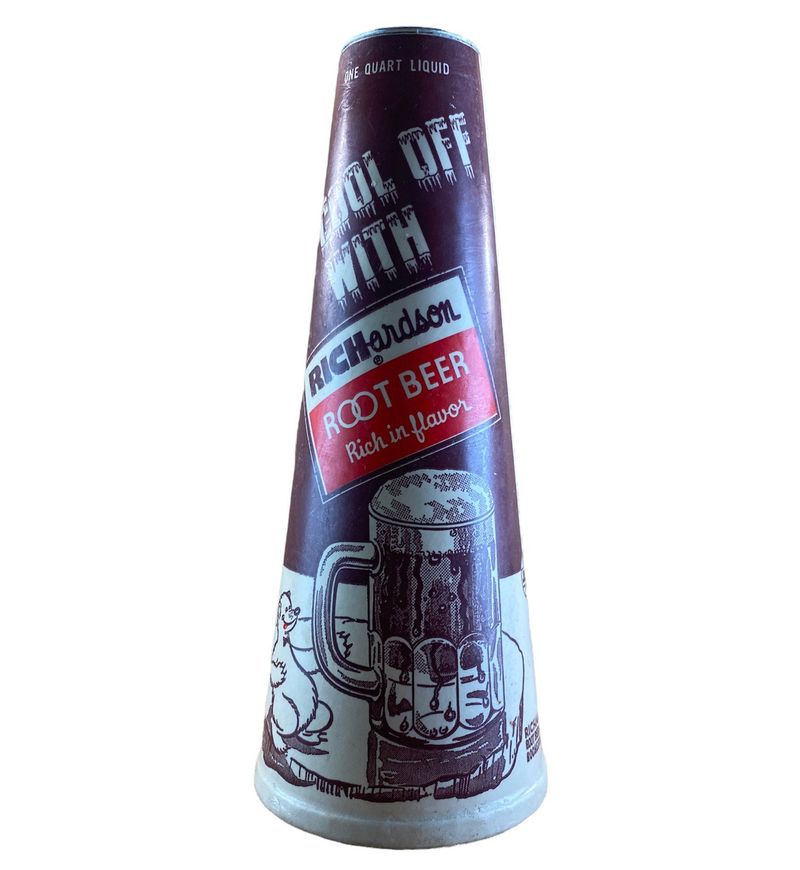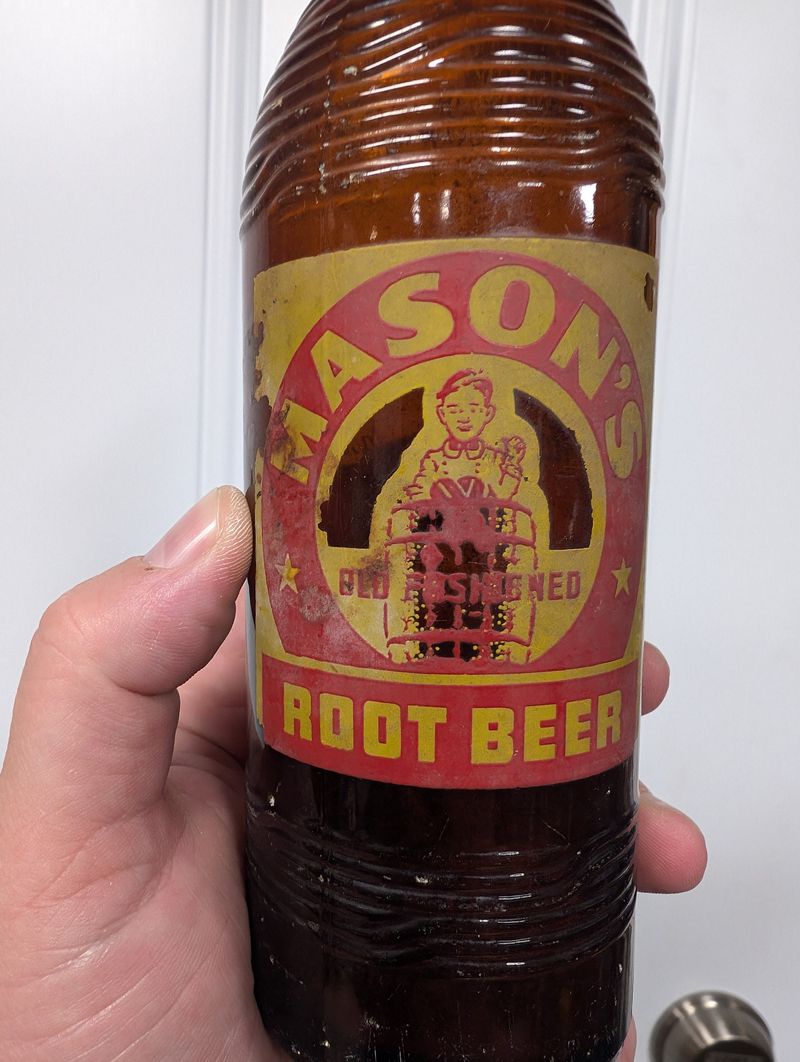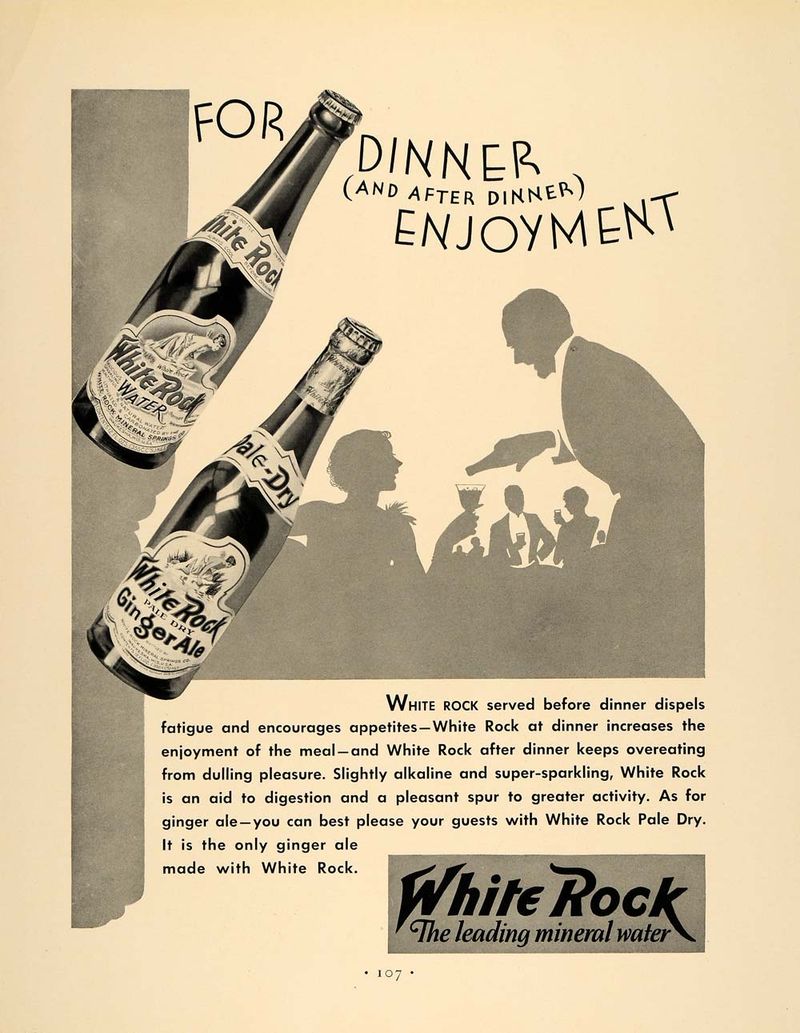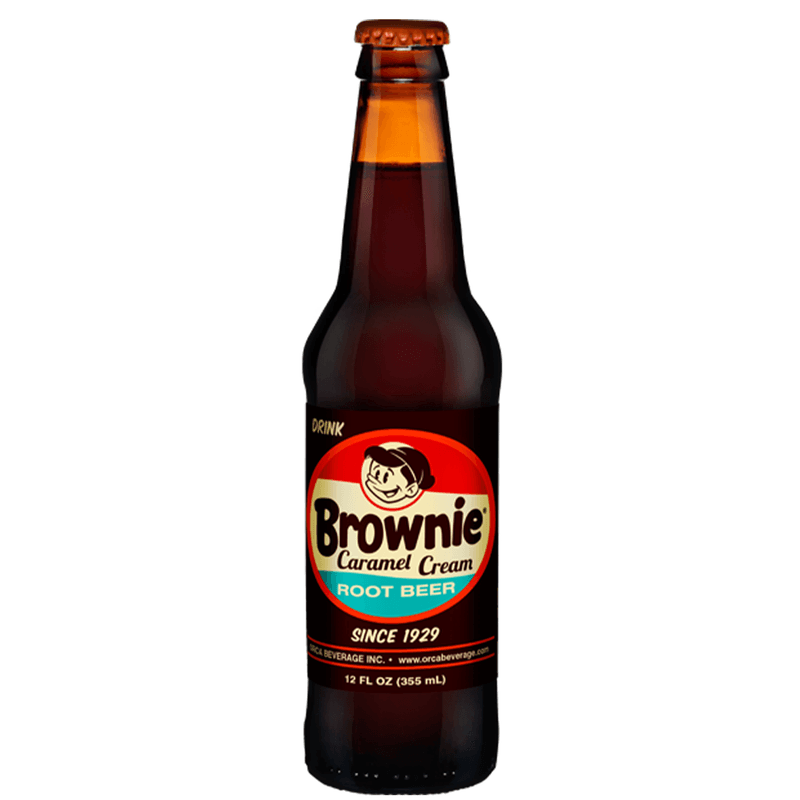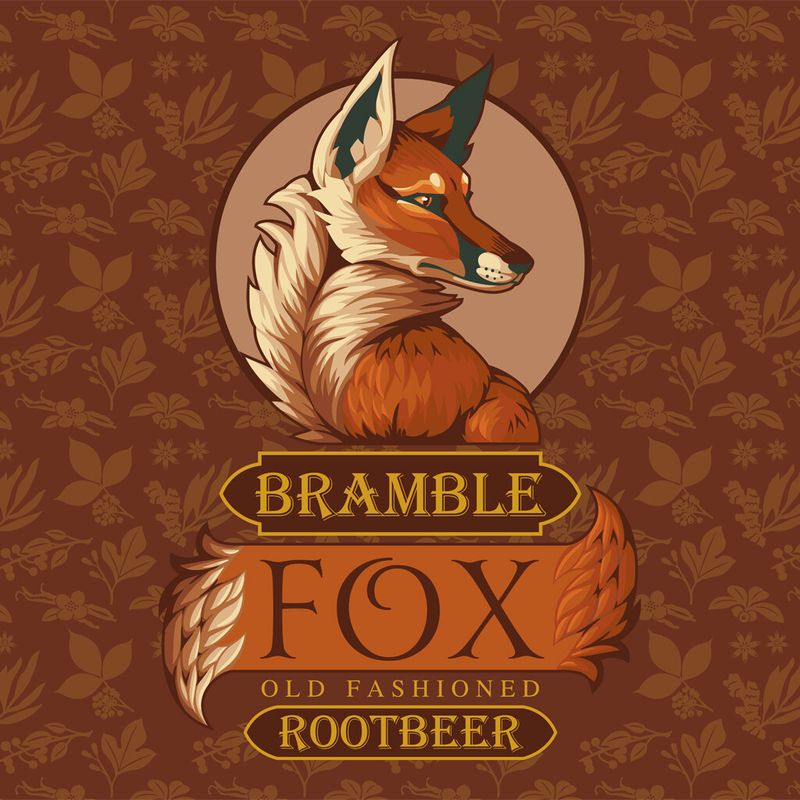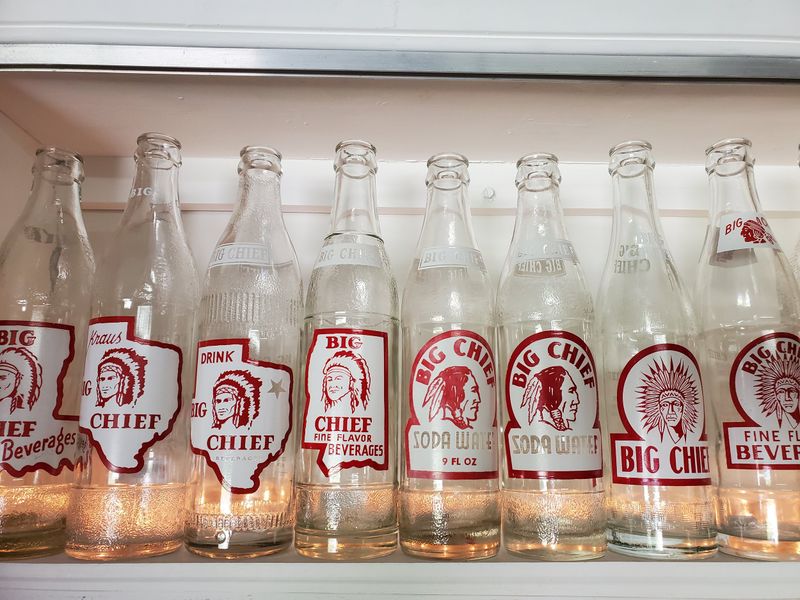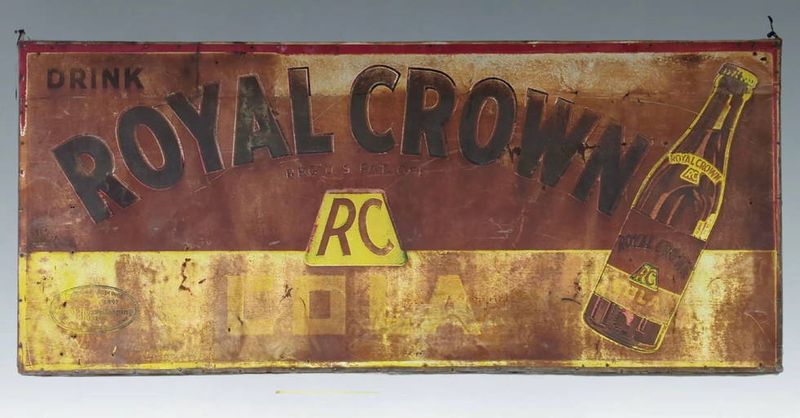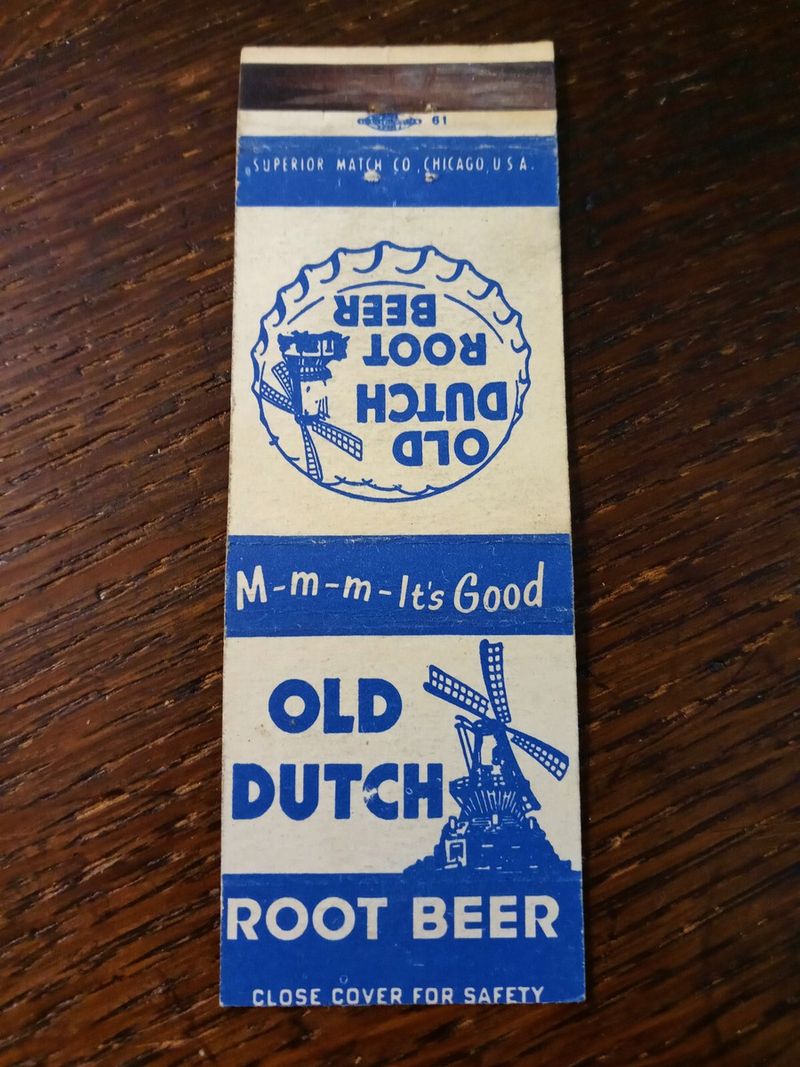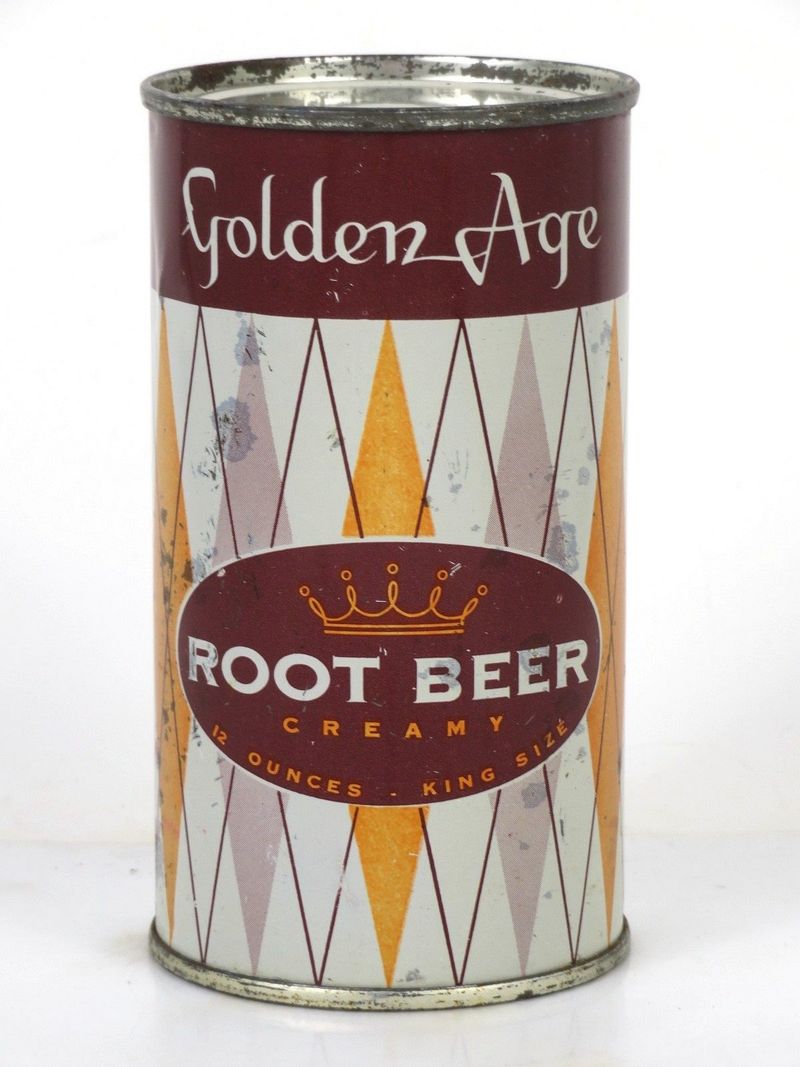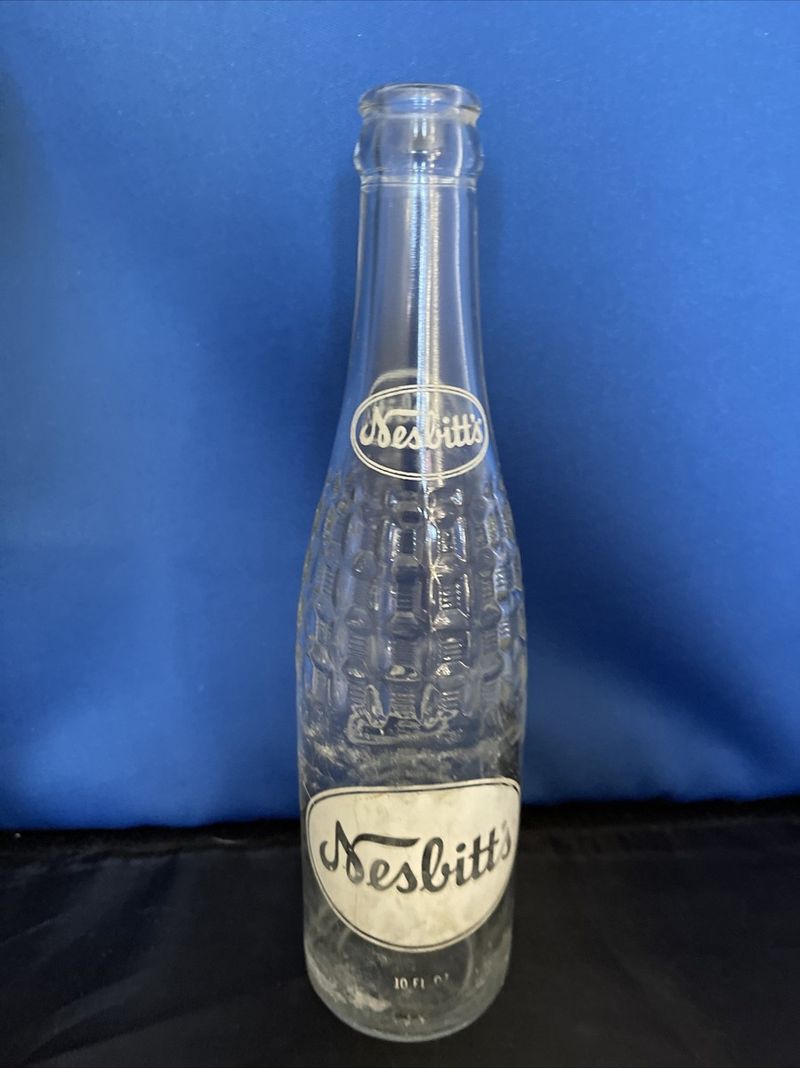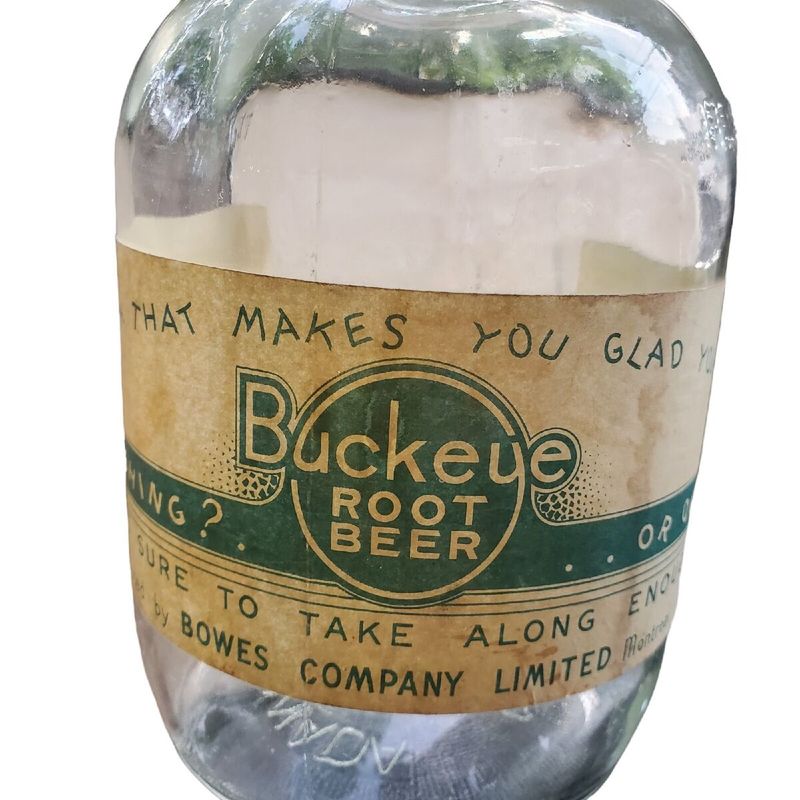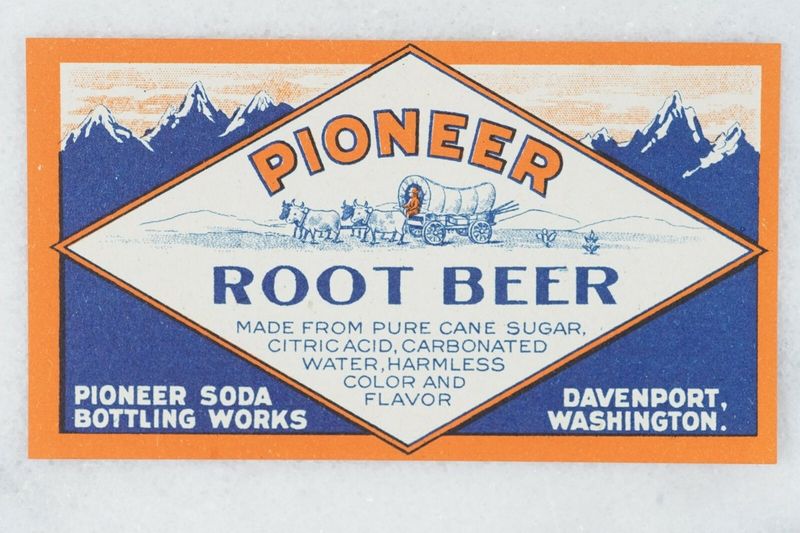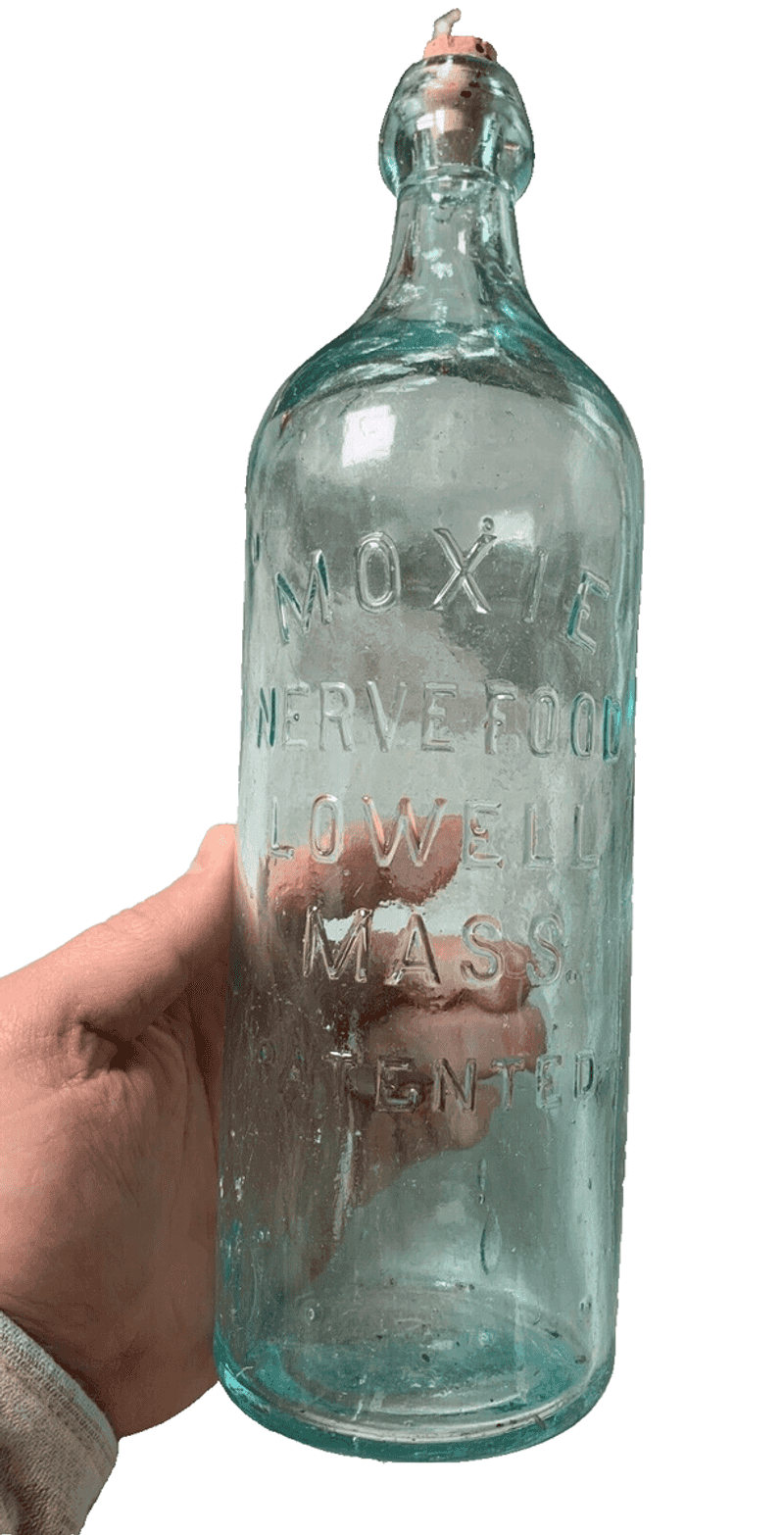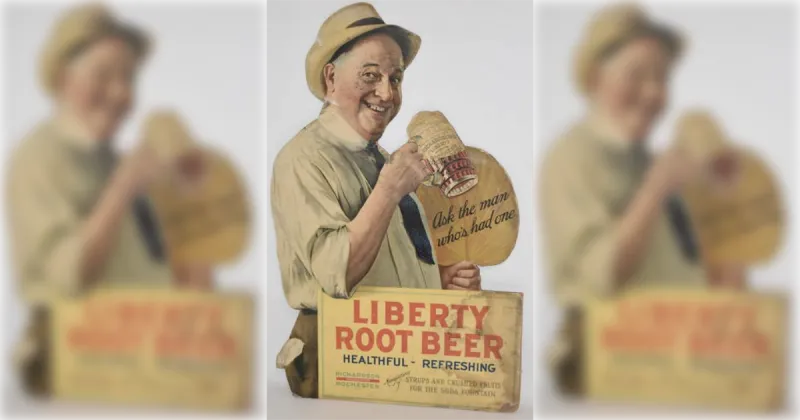Before modern soda giants took over grocery store shelves, dozens of unique root beer brands bubbled with personality and flavor.
Many beloved companies disappeared over the decades, taking their secret recipes and fascinating histories with them.
From small-town favorites to national sensations, these forgotten brands shaped America’s love affair with this classic beverage.
1. Hires Root Beer
Charles Hires discovered his famous recipe at a New Jersey farmhouse in 1875. The pharmacist originally marketed his creation as a health tonic, claiming it could cure everything from headaches to stomach problems.
Hires became America’s first commercially successful root beer brand. The company survived Prohibition by advertising as a temperance drink, but eventually sold to larger corporations and lost its original charm.
2. Dad’s Old Fashioned Root Beer
Barney Berns and Ely Klapman started Dad’s in Chicago during 1937. Their slogan “Dad’s tastes better” became a household phrase across the Midwest for decades.
The brand featured a distinctive logo with a mustachioed father figure. Dad’s used real vanilla and honey in their recipe, creating a smoother taste than competitors. Though still available in some regions, Dad’s golden age ended in the 1980s.
3. Frostie Root Beer
George Rackensperger created Frostie in 1939, naming it after his blue-eyed polar bear mascot. The Baltimore-based company became famous for its creamy texture and unique bottle design.
Frostie’s advertising featured winter themes and cold imagery. The brand peaked during the 1950s when drive-in restaurants served it nationwide. Economic pressures forced the company to sell in the 1970s, ending its independent run.
4. Bireley’s Root Beer
Armand Bireley launched his beverage empire in 1924, starting with orange drinks before expanding into root beer. His California-based company pioneered many modern bottling techniques.
Bireley’s root beer featured a distinctive amber color and spicy flavor profile. The brand sponsored radio shows and early television programs throughout the 1940s. Coca-Cola purchased Bireley’s in 1955, gradually phasing out the root beer line.
5. Richardson’s Root Beer
Frank Richardson perfected his root beer recipe in Rochester, New York during the 1890s. His family-owned business became a regional powerhouse throughout the Northeast.
Richardson’s used birch bark and wintergreen in their brewing process. The company operated its own bottling plants and delivery trucks. World War II rationing severely impacted operations, and the business never fully recovered from wartime shortages and changing consumer preferences.
6. Mason’s Root Beer
William Mason opened his Chicago brewery in 1885, specializing in root beer and sarsaparilla. His German brewing background influenced the complex flavor development process.
Mason’s root beer contained over fifteen different herbs and spices. The company survived Prohibition by focusing on non-alcoholic beverages. Competition from larger corporations forced Mason’s to close in 1962, ending nearly eight decades of independent brewing tradition in the Windy City.
7. White Rock Root Beer
White Rock Beverages added root beer to their lineup in 1921, building on their established mineral water reputation. Their Whitestone, New York facility produced millions of bottles annually.
The company marketed their root beer as a premium product using purified water. White Rock sponsored major sporting events and maintained high-quality standards. Rising production costs and market consolidation forced them to discontinue root beer production in 1968.
8. Brownie Root Beer
Brownie Beverages started in Detroit during 1901, creating a distinctively dark root beer with molasses undertones. The company targeted working-class families with affordable pricing.
Their mascot featured a friendly brownie character on every label. Brownie’s root beer contained real sassafras until government regulations changed. The Great Depression severely impacted sales, and the company ceased operations in 1934, unable to compete with larger beverage manufacturers.
9. Red Fox Root Beer
Red Fox emerged from Portland, Oregon in 1923, capitalizing on the Pacific Northwest’s love for craft beverages. The company used local honey and natural extracts in their recipe.
Their distinctive red fox logo appeared on bottles and advertising materials. Red Fox root beer had a lighter, more refreshing taste than East Coast competitors. The company struggled during World War II and sold to a larger corporation in 1947.
10. Big Chief Root Beer
Big Chief launched in Minneapolis during 1935, featuring Native American imagery that was common in that era’s advertising. The company emphasized its “authentic American recipe.”
Their root beer contained ginger and licorice for a unique spicy finish. Big Chief sponsored local radio programs and sports teams throughout Minnesota. Changing cultural sensitivities and trademark issues led to the brand’s discontinuation in 1971.
11. Royal Crown Root Beer
Royal Crown Company produced root beer alongside their famous cola from 1934 to 1965. Their Columbus, Georgia facility experimented with different sweetening methods and carbonation levels.
RC’s root beer featured a crown logo and premium positioning. The company focused marketing efforts on their cola products instead. Root beer sales declined steadily throughout the 1950s, leading Royal Crown to discontinue the line and concentrate on cola competition.
12. Old Dutch Root Beer
Old Dutch Beverages created their root beer in Grand Rapids, Michigan during 1926. The company emphasized traditional brewing methods and family recipes passed down through generations.
Their advertising featured Dutch imagery and windmill graphics. Old Dutch used real vanilla beans imported from Madagascar. The company remained family-owned until 1958, when rising costs and distribution challenges forced them to sell to a national beverage corporation.
13. Golden Age Root Beer
Golden Age launched in San Francisco during 1929, just before the stock market crash. Despite economic hardships, the company survived by offering quality beverages at reasonable prices.
Their root beer featured a golden color and smooth finish. Golden Age marketed heavily to soda fountains and restaurants throughout California. The company thrived during the 1940s but closed in 1963 when the founder’s family decided to pursue other business ventures.
14. Nesbitt’s Root Beer
Hugh Nesbitt expanded his orange soda company to include root beer in 1938. The Los Angeles-based operation became famous for bold flavors and creative advertising campaigns.
Nesbitt’s root beer contained extra carbonation for a sharper bite. The company sponsored Hollywood events and celebrity endorsements. Corporate buyouts during the 1960s led to recipe changes and eventual discontinuation of their distinctive root beer formula in 1972.
15. Buckeye Root Beer
Buckeye Beverages operated from Cleveland, Ohio starting in 1919. The company took pride in their Ohio heritage and used local ingredients whenever possible.
Their root beer featured a buckeye tree logo and earthy flavor profile. Buckeye sponsored Ohio State University sports broadcasts during the 1940s. Rising competition from national brands and distribution costs forced the family business to close in 1956, ending nearly four decades of Ohio brewing tradition.
16. Pioneer Root Beer
Pioneer Beverages started in Salt Lake City during 1925, serving the Mountain West region. The company emphasized frontier themes and rugged individualism in their marketing approach.
Their root beer contained sagebrush extract for a distinctive Western flavor. Pioneer sponsored rodeos and county fairs throughout Utah and Nevada. The company struggled with distribution challenges across vast distances and closed in 1959, unable to compete with national brands.
17. Moxie Root Beer
Moxie briefly produced root beer during the 1930s, expanding beyond their famous bitter cola. The New England company wanted to capture more of the regional soda market.
Their root beer maintained Moxie’s distinctive edge with added herbs and spices. The product never gained popularity like their original cola formula. Moxie discontinued root beer production in 1941 to focus resources on their signature beverage and maintain their unique market position.
18. Liberty Root Beer
Liberty Beverages launched in Philadelphia during 1942, capitalizing on wartime patriotism. The company donated portions of profits to support American troops overseas.
Their root beer featured red, white, and blue labeling with patriotic slogans. Liberty used sugar alternatives during wartime rationing while maintaining flavor quality. Post-war competition and changing consumer preferences led to the company’s closure in 1954, ending their dozen-year run as Philadelphia’s patriotic beverage choice.
